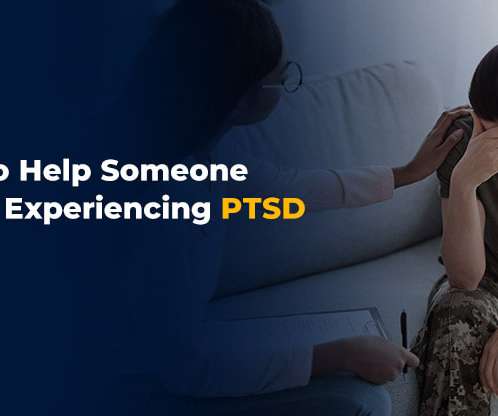How to Help Someone Who’s Experiencing PTSD
Gateway Foundation
DECEMBER 26, 2022
Post-traumatic stress disorder (PTSD) is a mental health condition that can severely impact a person’s life. When a partner, family member, or friend has PTSD, it can also take a heavy toll on your relationship with them. It’s essential to remember that a person with PTSD might not always have control over their behaviors.















Let's personalize your content